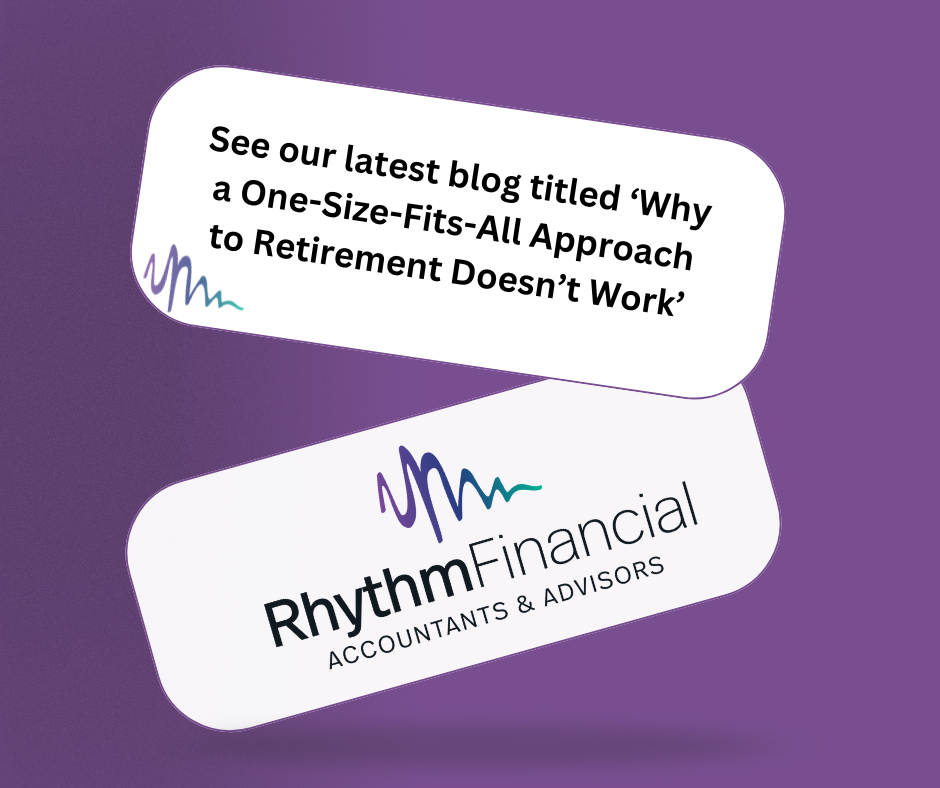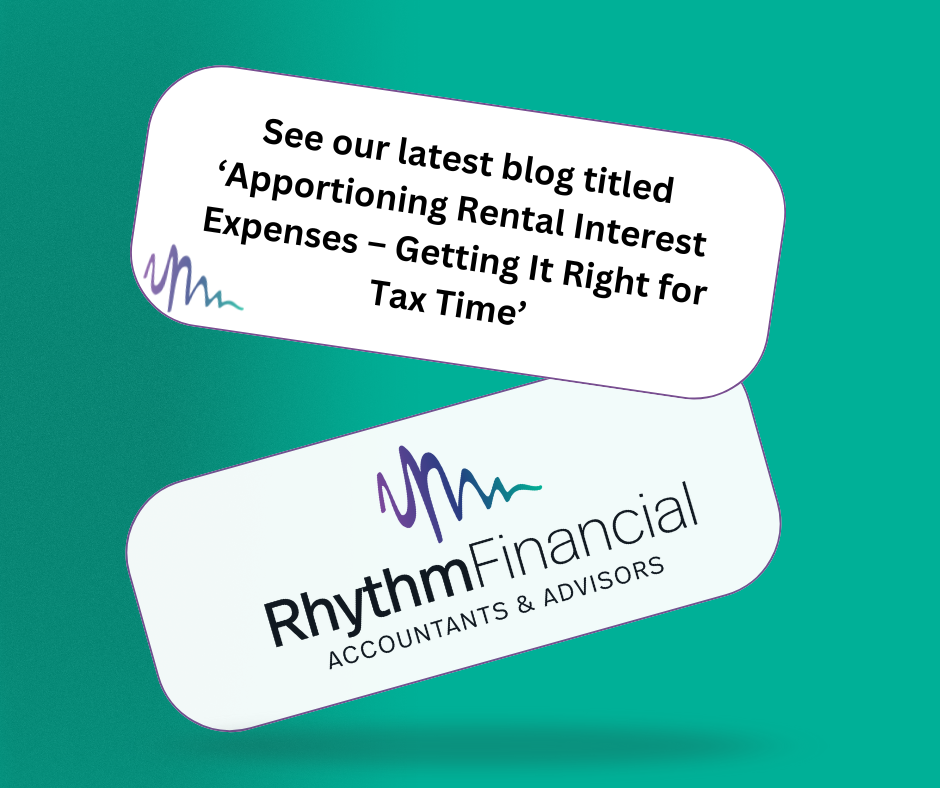Claiming Expenses Incurred As A Result Of Natural Disasters: Rental Property Owners Beware!
- Rhythm Financial
- Mar 24
- 3 min read
Updated: Mar 26
Natural disasters can cause significant damage to rental properties and business premises, leading to costly repairs and financial uncertainty.
If you own a rental property or business premises that has been impacted, it’s important to understand what expenses you can claim and any income you need to declare during the recovery process.
Claiming Expenses for Repairs and Rebuilding
When restoring your property, you may be able to claim certain expenses as tax deductions however, there are distinctions between what is considered a repair, maintenance, or a capital improvement, each affecting how expenses are claimed.
Repairs and Maintenance (Immediately Deductible)
Repairs involve fixing damage caused by the disaster without significantly improving the property. Examples include:
Replacing broken windows, doors, or damaged roof tiles
Repairing flood or fire-damaged walls and floors
Fixing electrical wiring and plumbing issues
These expenses are immediately deductible, meaning they can be claimed in the same financial year they were incurred.
Capital Improvements (Depreciated Over Time)
If you go beyond restoring the property to its original condition by making significant upgrades, the expenses may be classified as capital improvements. Examples include:
Rebuilding an entire section of the property with modern materials
Upgrading fixtures and fittings beyond their previous state
Adding extensions or additional rooms
These costs must be depreciated over time rather than claimed immediately.
Insurance Payouts and Government Assistance
If you receive an insurance payout, a government disaster recovery grant, or another form of assistance to cover repairs, these amounts may be assessable income and must be reported in your tax return. However, some grants may be tax-exempt, so it’s important to check with the ATO or your accountant.
While your property is being repaired, you may experience interruptions to your usual rental or business income. However, certain payments still need to be declared as income:
Insurance Payouts for Lost Rental or Business Income – If your insurance covers lost rental or business revenue, this amount is considered taxable income.
Temporary Rent from Short-Term Leasing – If you receive temporary rental income (e.g., renting a portion of your business premises while rebuilding), this must be declared.
If your property is uninhabitable and not generating rental income, you do not need to report rental income during this period.
Other Tax Considerations
Loan Interest – If you take out a loan to repair the property, interest payments may be tax-deductible.
Scrapping Deductions – If part of your building is demolished and replaced, you may be able to claim a deduction for the remaining value of the demolished assets.
Capital Gains Tax (CGT) Implications – If the disaster forces you to sell the property, CGT exemptions or concessions may apply.
Navigating the tax implications of repairing and rebuilding after a disaster can be complex but understanding what expenses you can claim and what income must be declared will help you manage your financial recovery.
If you’re unsure about your specific situation, seeking professional tax advice can ensure you’re making the most of available deductions while complying with tax requirements.

Disclaimer For External Distribution Purposes
The information contained in this publication is for general information purposes only, professional advice should be obtained before acting on any information contained herein. The receiver of this document accepts that this publication may only be distributed for the purposes previously stipulated and agreed upon at subscription. Neither the publishers nor the distributors can accept any responsibility for loss occasioned to any person as a result of action taken or refrained from in consequence of the contents of this publication.




Comments